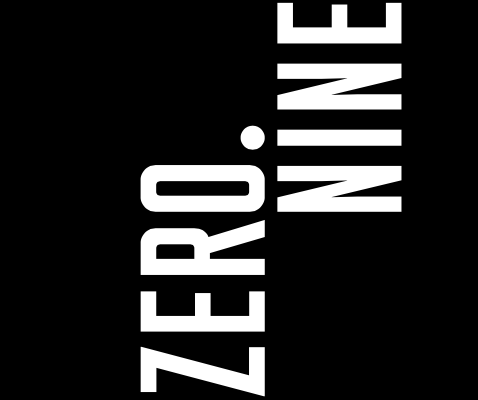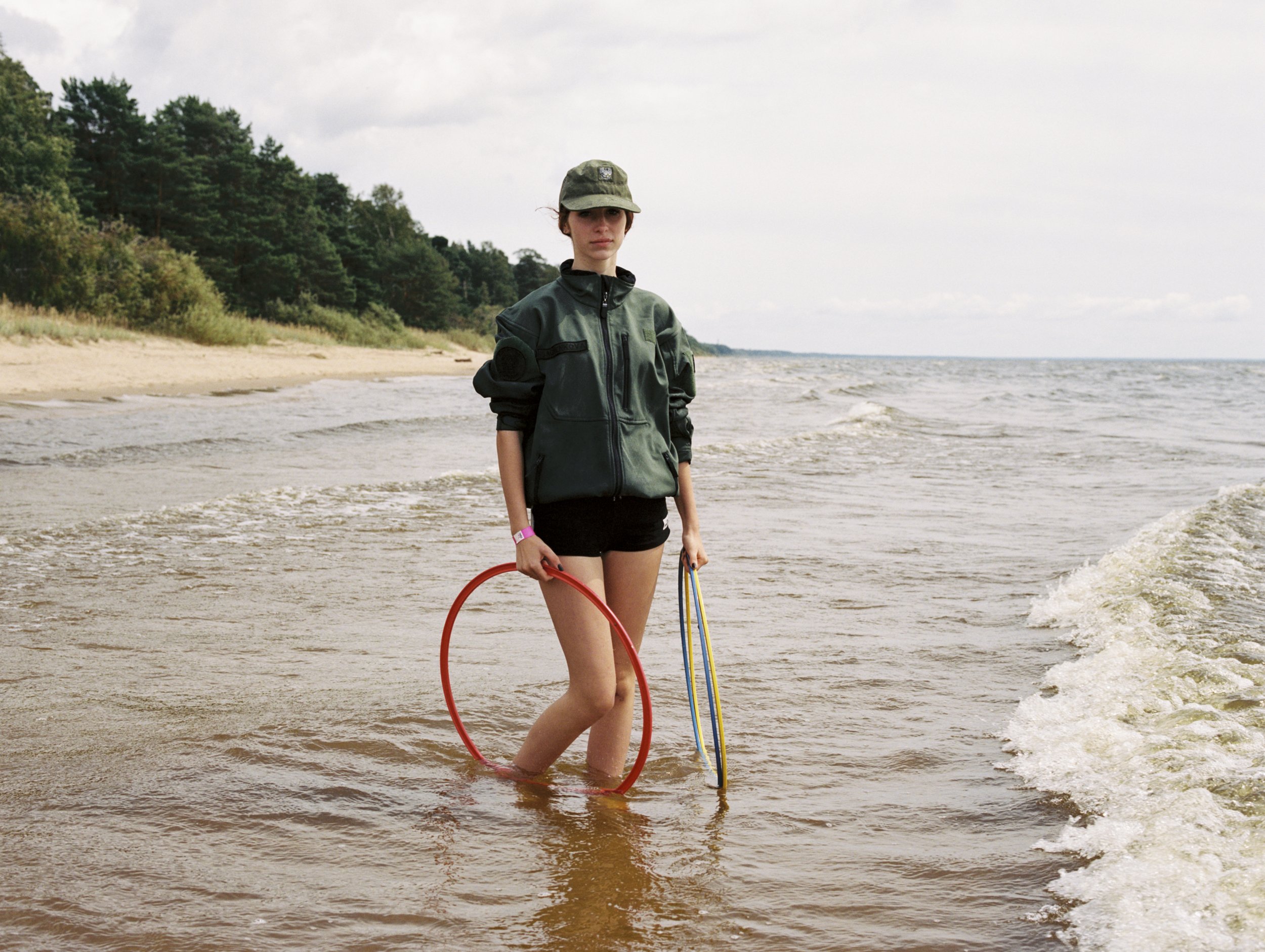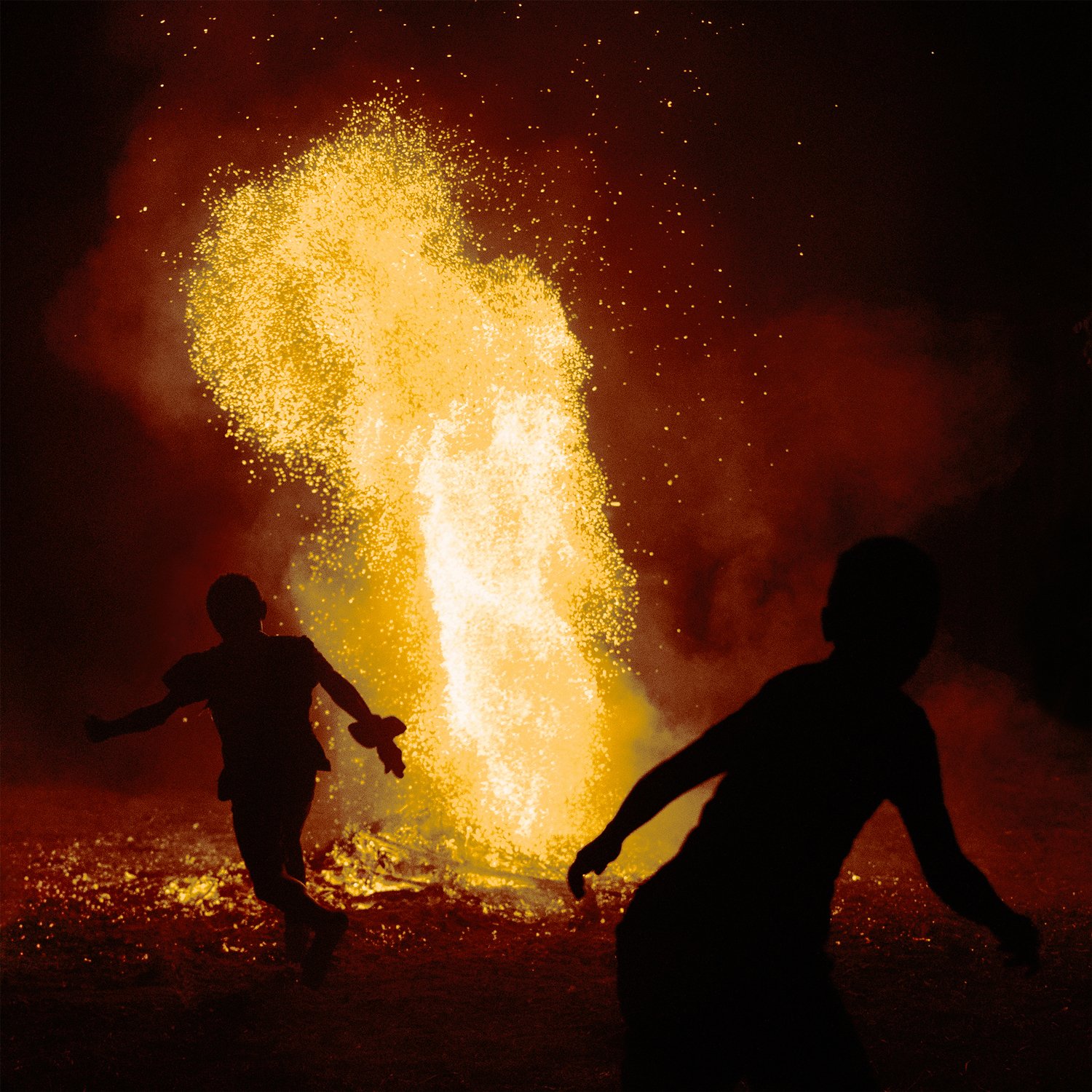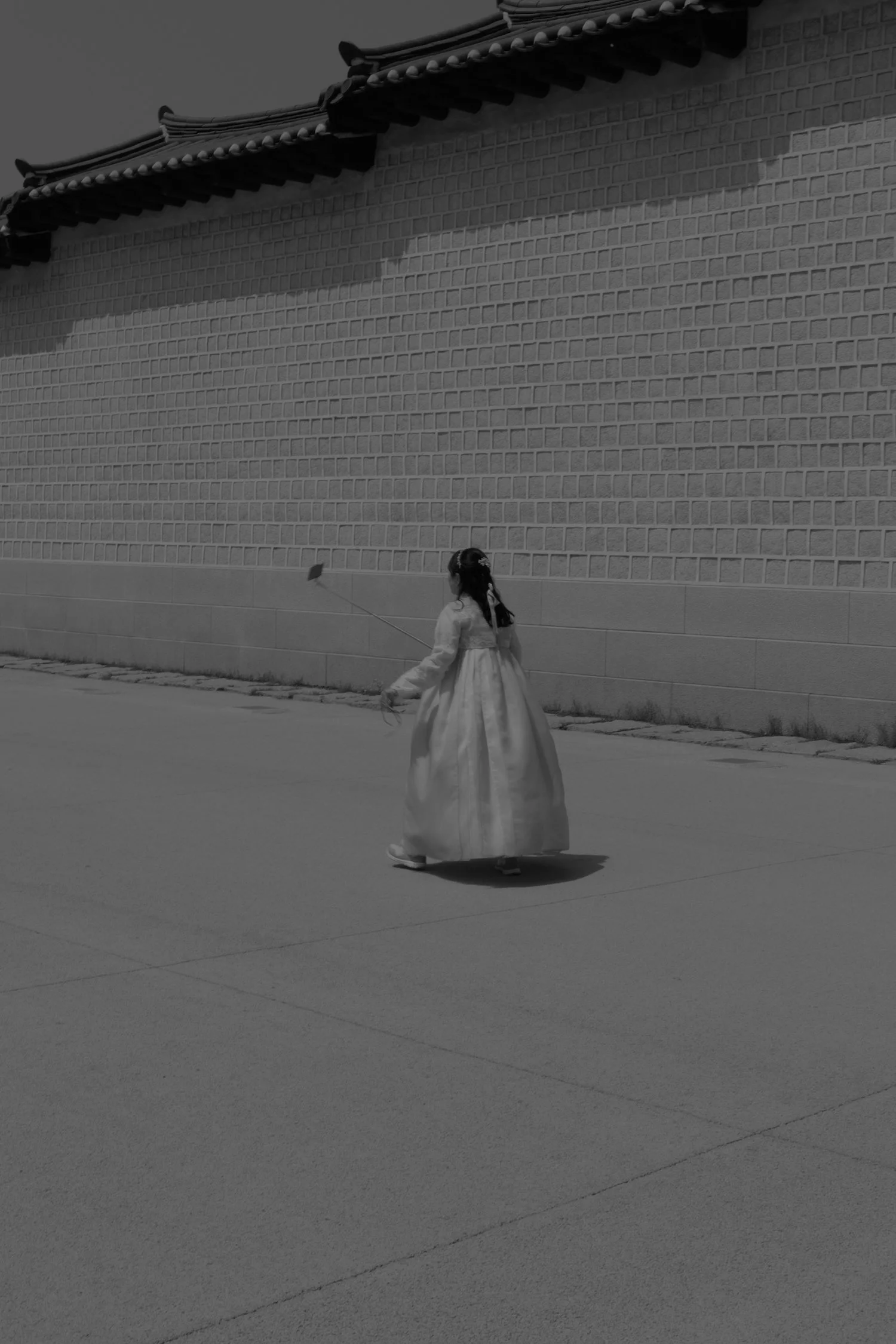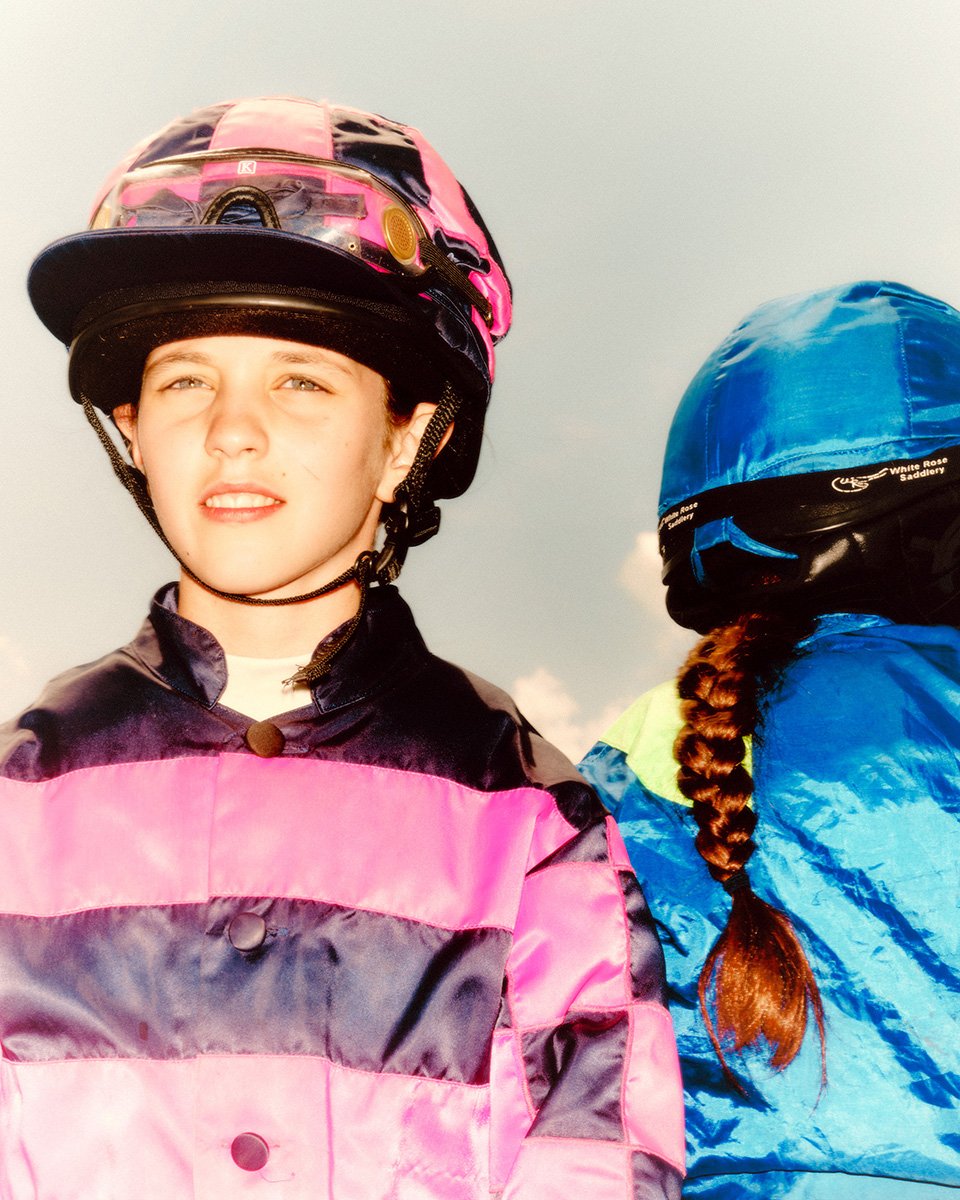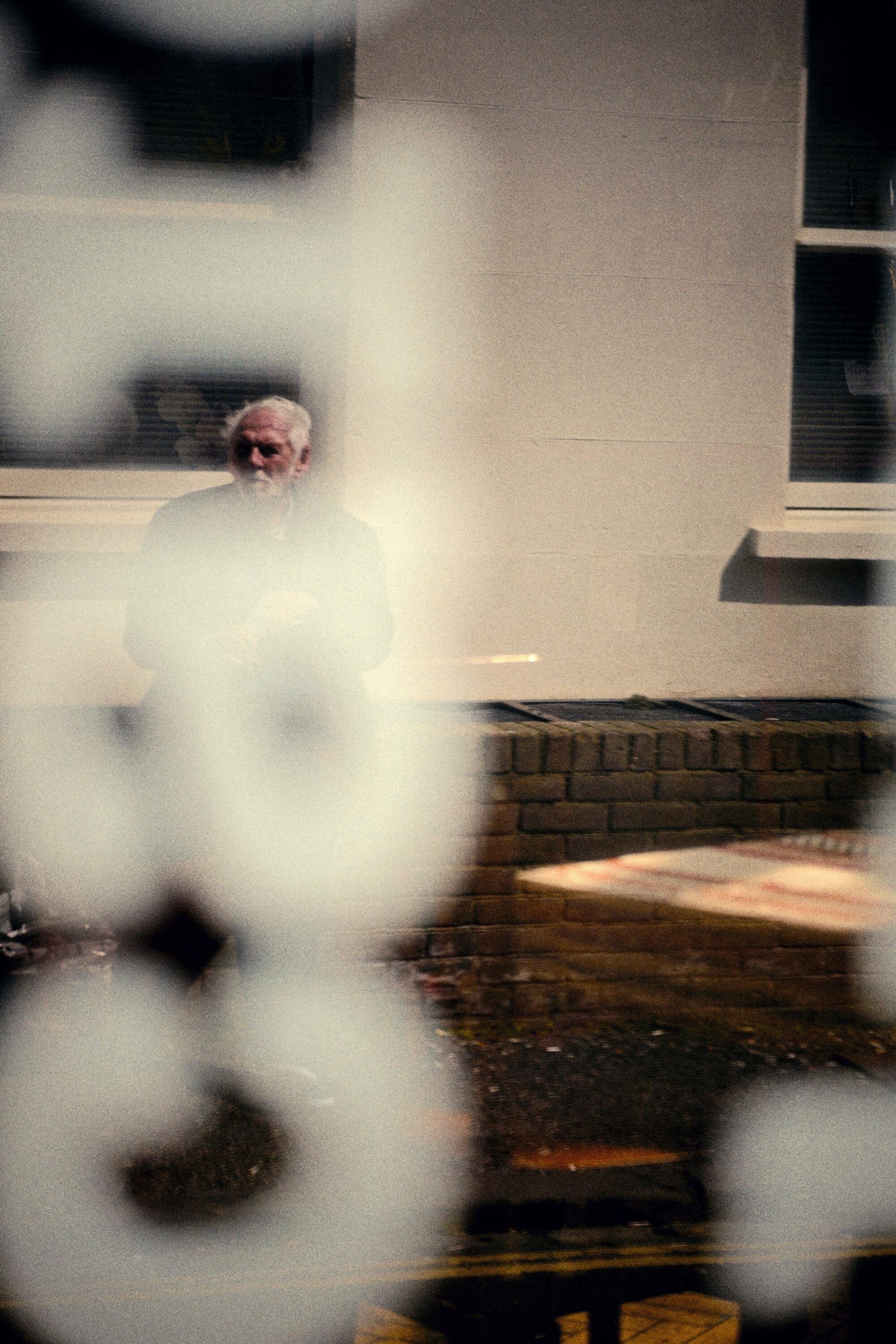Dehd: Honesty and intuition
From the ebullient Humboldt Park scene in Chicago, this classic indie rock trio has become one of the most promising acts, with a slow-cooked career that drove to high expectations with their new album, “Blue Skies”. We talked to them in London.
Words David Saavedra Pics JC VeronaDehd aren’t new here. Emily Kempf, Jason Balla and Eric McGrady debuted in 2016 with an eponymous record and, after some singles and EP’s, they released their second major album, “Flower Of Devotion”, in 2020. That piece of work brought wider attention from the American and British indie scenes, especially because of their intense and energetic songs and the strong presence of Kempf, a really charismatic singer and frontwoman. Now the band has finished their third LP, it’s called “Blue Skies” and it will be out on May 27th in the Fat Possum label. We caught up with them in London, though the shy Eric preferred not to talk in the interview. Emily and Jason did it enthusiastically for the three of them.
Where does the band name come from?
(Emily) In the beginning I was in a solo project called Heavy Dreams and Jason was in another one called Dream Eagle. When Eric came, he was the magic glue, so we joined the two names, and it became Dehd.
You two were a couple in the beginning of the band, then you broke up, but you continued in the band as good friends. Is heartbreaking overrated in comparison to the fact of surviving and keep going together?
(J) Yes, I think it’s more situational. That was the landscape where we started playing music, but that’s not our whole life as a band or as people. (E) People like to focus on dramatic stuff. That’s just normal, there’s no sickness there, no trouble. I mean, for me, that’s how it goes. It’s nice to not have the focus on that, and I think people started to get over it and to see us as a band and not a former couple or a non-couple or whatever.
“I think intuition is the backbone of the band. We’re not thinking too much.”
Are all of your lyrics autobiographical? What do you like to reflect with them?
(J) I think it’s just whatever emotional things you’re maybe dealing with or interfacing with what the world is giving you. The things you want to capture in a song that maybe could be recognizable for someone else, maybe they can see a bit of their own experience in that two and half minutes of music, you know. (E) Sometimes I fell a kind of emotion and try to write about it. I’m always honest about what’s going on, because people can hear honesty whether they like it or not, and I also try to make it interesting, like I’m having this feeling in a weird way or a poetic way or a secret way or in a new way. I’m trying to be very creative apart from that feeling, so I hope people feel related to them.
You use very different ways of singing in each track. Does it come from an intuitive place more than a cerebral one?
(J) I think intuition is the backbone of the band. We’re not thinking too much, and all the good songs happen, when they happen, really fast. Some songs were written in five or ten minutes. With the voices and everything else it happens the same, I open my mouth, and we get the first thing that comes out. There are some things that resonate whatever you’re doing, they link together, and they seem to make sense at a level basis.
“Hope is something that always comes out from darkness or doom.”
Your approach to sound and production, has it changed very much in this new album?
(E) We like to polish it up a little bit more every time we make a new record, we add new instruments. (J) I think we try to really focus on the dynamics and texture, whilst the previous ones were more punked out or energy based, and now we’re creating like a different world for each song.
Is this a more positive record?
(E) I think it’s more hopeful. Hope is something that always comes out from darkness or doom, so I don’t know if it’s so positive.
You’re quite involved in social issues, you supported Black Lives Matter, for instance. How do you think music can be used to fight injustice?
(E) If you’re a musician, when you’re performing you have more people looking at you, but I think anybody as an individual has a place to fight in a daily basis. We don’t really write political songs, but it’s impossible not to be political in this world. We can make that some money from our ticket sales go for a non-profit organization against climate change. When we go on tour, we think about who are we hiring in our crew, if there are women or people of other races. I think anyone can think like that, but as a band, we can do that in a small scale.
You have a very strong imagery in your video clips. Where do the ideas come from?
(E) Where do the ideas come from? (Laughs) I don’t know! Since I was little I think that way, I think in video, so usually I just get a flash of something, then I call whatever director we’re working with, we just start excitedly talking about it. Occasionally I write the song and can see the video from the start. Sometimes the video comes from the ether, and then I put those images onto the songs.
Do you have concrete film or artistic influences when working like that?
(E) No! My family work in films, so I grew up with that, and it changed the way I view the world, and the accessibility to make stuff. I think most of my influences come from fantasy fiction books, stuff I read as a kid. I made up games with my sister and brother, imagination stuff, so it gets in my world. Quentin Tarantino is very cool, obviously, but I don’t know anything about film and filmmakers.
Your tattoos have a very visual presence in some of your clips. How important are for you in your way of expressing yourself?
(E) I think I just like to decorate stuff, I also liked the process of the tattoo, it’s something difficult and also insane, because it is forever, so it’s something challenging physically, mentally, and I have to deal with what I choose. I don’t know, I like it, it makes me feel free, to have the control over that part of me. I did the “Letter” video where I was tattooed, and it was like a personal message to myself. Furthermore, I had the idea about what if I get tattooed for five people, see what it happens and capture it, because I also have to play it cool, remember the words and acting. It’s interesting because each tattoo was for one of my friends and there were different styles of tattooing, so ones hurt more than others and moved quicker from harder to softer, and then I was looking at the camera and trying to be cool. It was exciting.
How would you describe your live shows?
(E) Fun, like an energy vortex. (J) We always have a good time
How do the audience usually react?
(E) The fans get very emotional. Lately, last year, more starry eyed, and it’s cool. (J) It’s surreal when you see that somebody knows the words of the songs. When you start playing the first chord, you don’t know what’s going to happen. It’s like a conversation between us and the audience from the stage. (E) They’re like friends you’ve never met yet.
What do you expect of “Blue eyes”?
(J) Probably just more fun.
Credits: Interview David Saavedra Photography JCV Make up Claudine Blythman Hair Natalie Jibeili PR Good Machine
